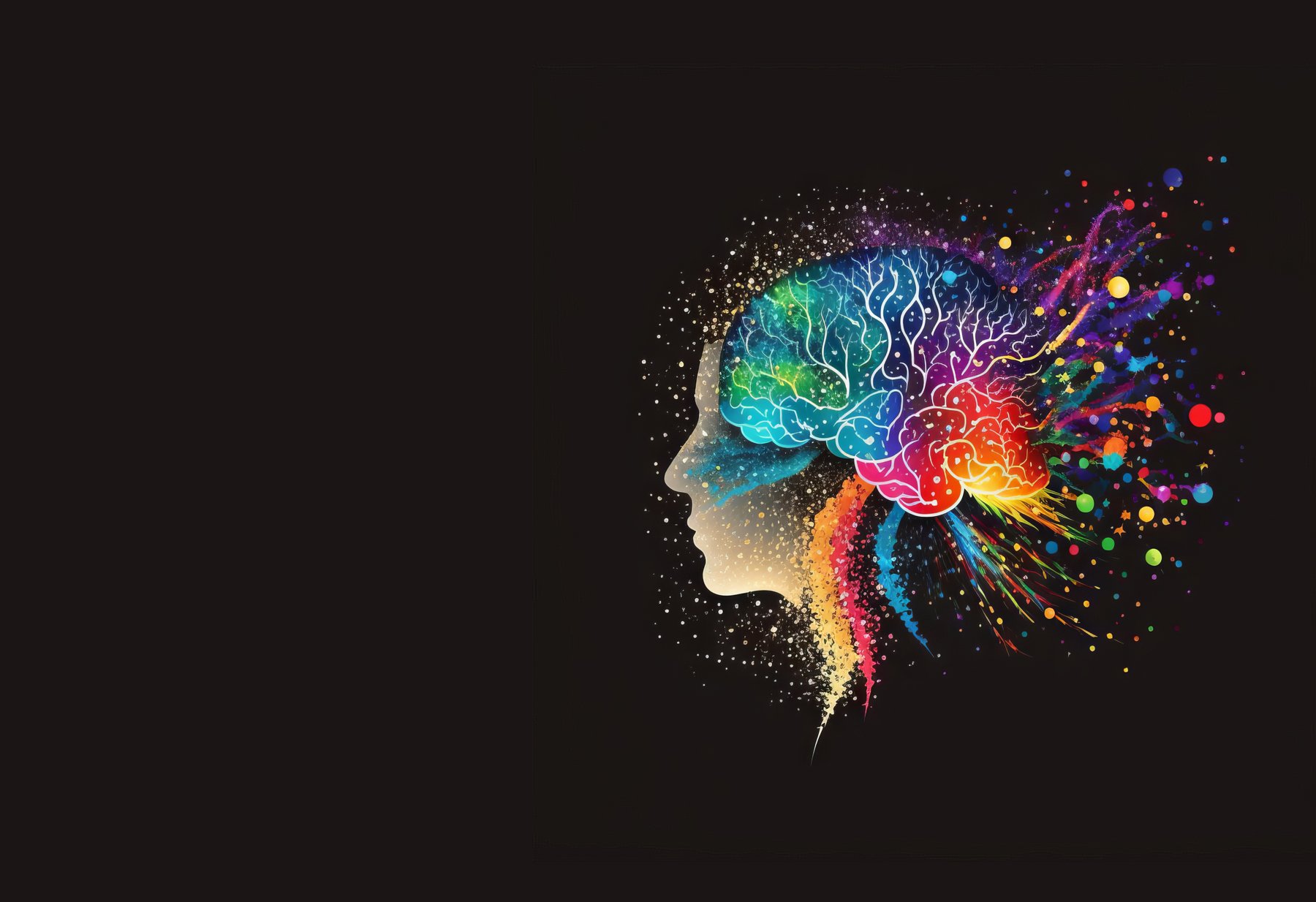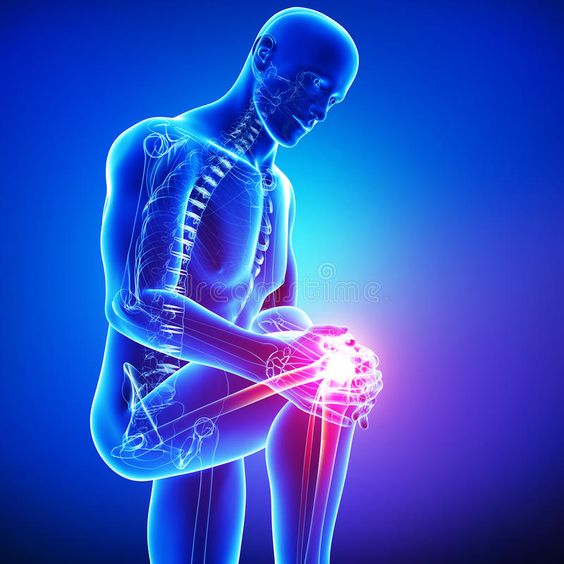Overview
Our experience and perception of pain are significantly influenced by the mind-body link. An individual’s pain can have a substantial impact on their life, including its intensity, duration, and impact, depending on psychological factors like stress, anxiety, depression, and previous experiences. Comprehending the relationship between the mind and body is crucial for holistic pain care, since treating psychological factors can enhance traditional treatments and lead to better results. The psychological components of pain are examined in this article, along with its symptoms, methods of treatment, and the contribution of psychological therapies to the promotion of healing and wellbeing.
The Pain’s Psychological Aspects
Pain is more than just a bodily experience; it also involves intricate emotional and psychological mechanisms. Psychological variables can either increase or decrease an individual’s sense of pain, which might impact their ability to manage and react to painful events. Anxiety, despair, worry, dread, catastrophizing, and a sense of unfairness are some of the symptoms that might aggravate pain and lengthen its duration. A person’s pain threshold, tolerance, and reaction to treatment are also influenced by their past experiences, trauma, and attitudes around pain.
How Anxiety and Stress Affect Pain
Anxiety and stress are typical reactions to pain, and they can make it worse and last longer. The physiological reaction of the body to stress can intensify pain sensitivity and inflammation, exacerbating the pain experience. This includes the production of stress hormones like cortisol and adrenaline. In addition to aggravating muscle tension, sleep patterns, and the emergence of comorbid illnesses like depression and substance misuse, chronic stress and anxiety can also make pain management more difficult.
Pain and Depression: A Two-Way Relationship
Pain and depression frequently coexist and have a reciprocal affect on one another. Depressive symptoms can arise or worsen as a result of chronic pain, which can cause emotions of helplessness, hopelessness, and social disengagement. On the other hand, depression can cause a vicious cycle of suffering and dysfunction by raising pain perception, lowering pain thresholds, and impairing coping strategies. For those with comorbid pain and mood disorders, treating both depression and pain at the same time is crucial to enhancing overall functioning and quality of life.
Pain Management Techniques for Psychological Treatment
Because they address the cognitive, emotional, and behavioral elements of pain, psychological therapies are essential to the management of pain. One of the most extensively researched psychological treatments for pain is cognitive-behavioral therapy (CBT), which assists people in recognizing and disputing unhelpful ideas and attitudes about their condition, creating coping mechanisms, and changing actions that lead to pain-related impairment. Other evidence-based strategies that support self-regulation, resilience, and acceptance in managing chronic pain include biofeedback, mindfulness-based therapies, acceptance and commitment therapy (ACT), and relaxation techniques.
Mindfulness and Pain: Developing Observation and Recognition
The focus of mindfulness-based interventions is on accepting one’s inner experiences, including suffering, and practicing present-moment awareness and nonjudgmental observation. People can change their connection with pain by practicing mindfulness, which teaches them to notice feelings without jumping to conclusions or behaving in an avoidant manner. Mindfulness techniques, such body scanning, meditation, and mindful movement, promote resilience in the face of suffering and misfortune by helping people become more self-aware, emotionally stable, and compassionate toward oneself.
Holistic Methods for Handling Pain
Complementary therapies that target the mind-body link are combined with traditional medical treatments in integrative approaches to pain management. Acupuncture, massage treatment, yoga, tai chi, and hypnosis are among the methods that can lessen the severity of pain, increase physical function, and improve general wellbeing. Integrative pain management programs provide a holistic approach that takes into account the multifaceted nature of pain by customizing treatment plans to meet the needs, preferences, and goals of each patient.
Encouraging Patients to Manage Their Own Health
Encouraging patients to take an active role in their pain management is crucial to fostering their well-being, autonomy, and sense of self-efficacy. Patient education, goal-setting, and skill development enable people to create self-management plans, choose treatments with knowledge, and effectively represent their own needs. Peer support groups, internet discussion boards, and local services provide people the chance to meet people going through similar things, exchange stories, and get help figuring out the intricacies of dealing with chronic pain.
In summary
awareness and effectively managing chronic pain disorders require an awareness of the psychological elements of pain. Understanding how psychological elements such as stress, anxiety, depression, and others affect how people perceive and respond to pain allows medical professionals to develop complete treatment plans that take the mind-body connection into account. Psychological interventions that support self-regulation, resilience, and acceptance in managing chronic pain, such as cognitive-behavioral therapy, mindfulness-based practices, and integrative methods, are a valuable adjunct to traditional treatments. Giving patients more control over their care through education, self-management techniques, and community support increases their sense of autonomy, enhances their quality of life, and helps them heal from their pain.




